China is one of the earliest civilizations in the world, with a history of nearly 5,000 years since the Three Sovereigns and Five Emperors. The history of the Three Sovereigns and Five Emperors is relatively long. In the primitive stage of China, they were actually outstanding leaders of ancient tribes or tribal alliances.
Three Kings:
Suiren, Fuxi, Shennong, from "Book of History";
Fuxi, Zhu Rong, Shennong, from "Customs Tongyi";
Fuxi, Shennong, Huangdi, from "Three Character Classic";
There are Chao's, Suiren's, Zhisheng's, from "Zhuangzi" and "Guangjian Yizhilu";
The emperor, the emperor of the earth, the emperor of Thailand, from the "Historical Records of the First Emperor of Qin".
The history of the three emperors is even longer, and it is difficult to study the relationship between them. "Records of the Grand Historian" is the first general history of the chronicle in Chinese history. Because the three emperors are oral history, Sima Qian did not include them in the records. Therefore, Ma Qian of Taishi Company did not use the "Three Emperors" in the "Historical Records", but from the Five Emperors, the Three Emperors and the Five Emperors are nothing more than Some people in later generations made them myths in order to praise their virtues. The Three Emperors, also known as the King of Medicine, also known as the God of Medicine. "Records of the Grand Historian: The Chronicle of the First Emperor of Qin": "The ministers would like to discuss with the doctor: 'In ancient times, there were emperors, there were emperors, there were emperors of Thailand, and the emperors of Thailand were the most expensive.'"
Five Emperors:
Taihao, Yandi, Huangdi, Shaohao, Zhuanxu, from "The Spring and Autumn of Lu's Family";
Yellow Emperor, Zhuanxu, Emperor Ku, Yao, Shun, from "The Book of Rites of Dadai" and "Records of the Grand Historian, The Chronicles of Five Emperors";
Yellow Emperor, Shaohao, Zhuanxu, Emperor Ku, Yao, from "Zizhi Tongjian Wai Ji".
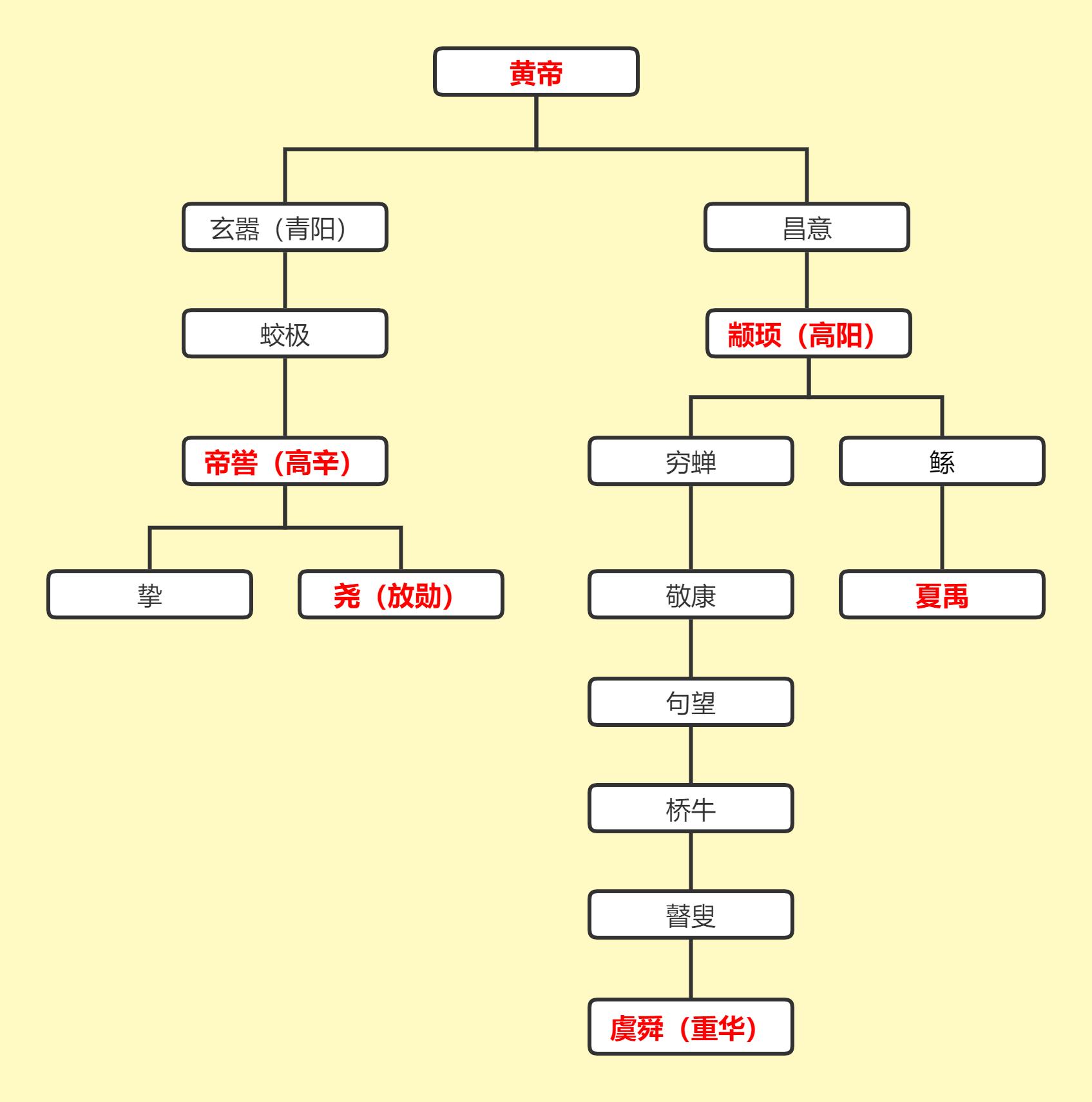
Yellow Emperor
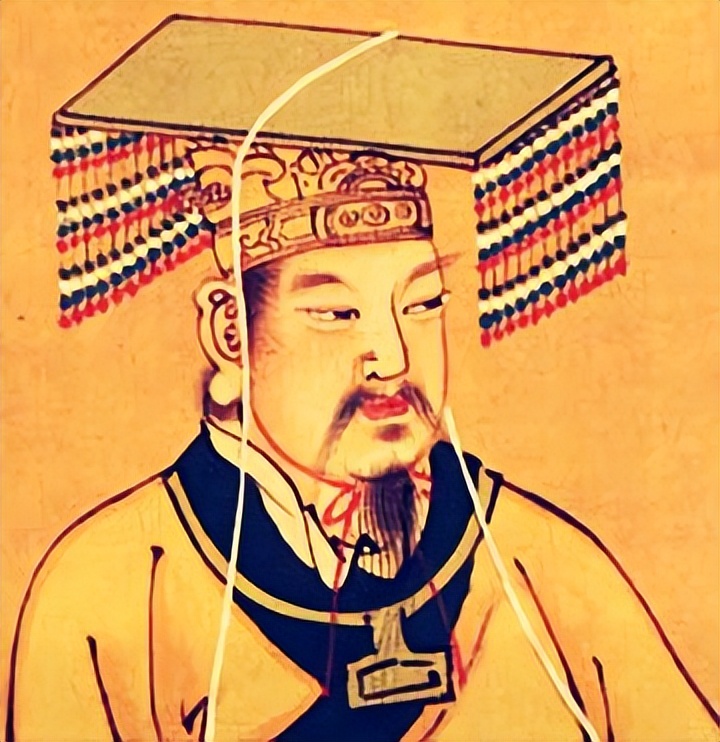
The head of the Five Emperors, the son of Shaodian, surnamed Gongsun, and named Xuanyuan. At the end of the Shennong clan, there was a political chaos of "the princes invaded each other and tyrannized the people, but the Shennong clan was unable to conquer", so "Xuanyuan used to use war to conquer and not enjoy", and finally passed the battle of Banquan and Zhuolu. In the battle, he defeated two important opponents - Emperor Yan and Chi You, and stood on behalf of the Shennong clan: "The princes Xian respected Xuanyuan as the emperor, and on behalf of the Shennong clan, it was the Yellow Emperor."
Zhuanxu
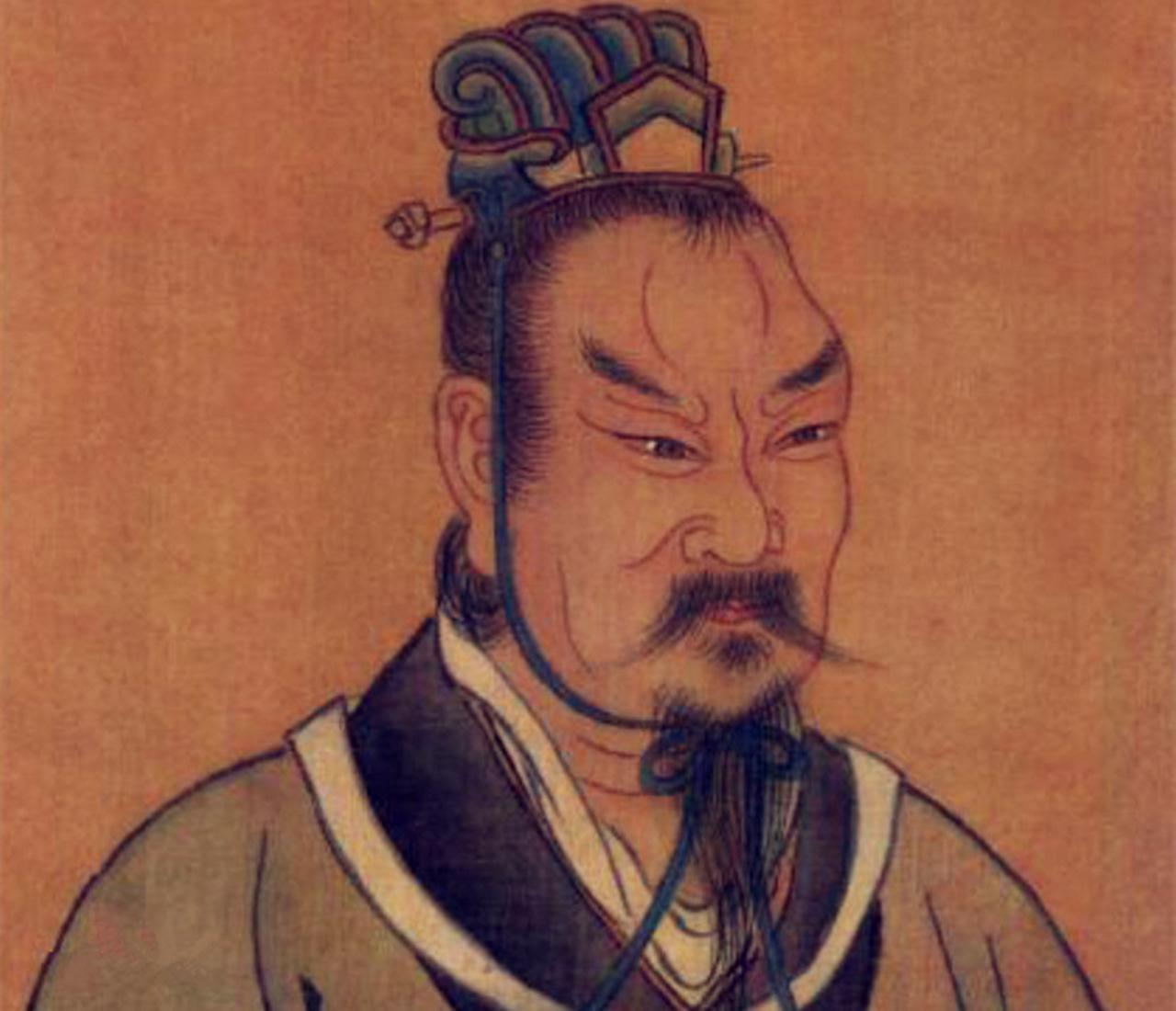
Ji surname, Gaoyang family , grandson of Huangdi , son of Changyi (born of Luozu, the concubine of Huangdi), after the death of Huangdi, his grandson Zhuanxu succeeded the throne. Zhuanxu Jingyuan was resourceful (Zhuanxu was quiet, steady, and resourceful), he taught the people to grow various crops and raise various livestock according to local conditions, and calculated the four seasons according to the astronomical phenomenon and formulated the "Zhuanxu Calendar".
Diku
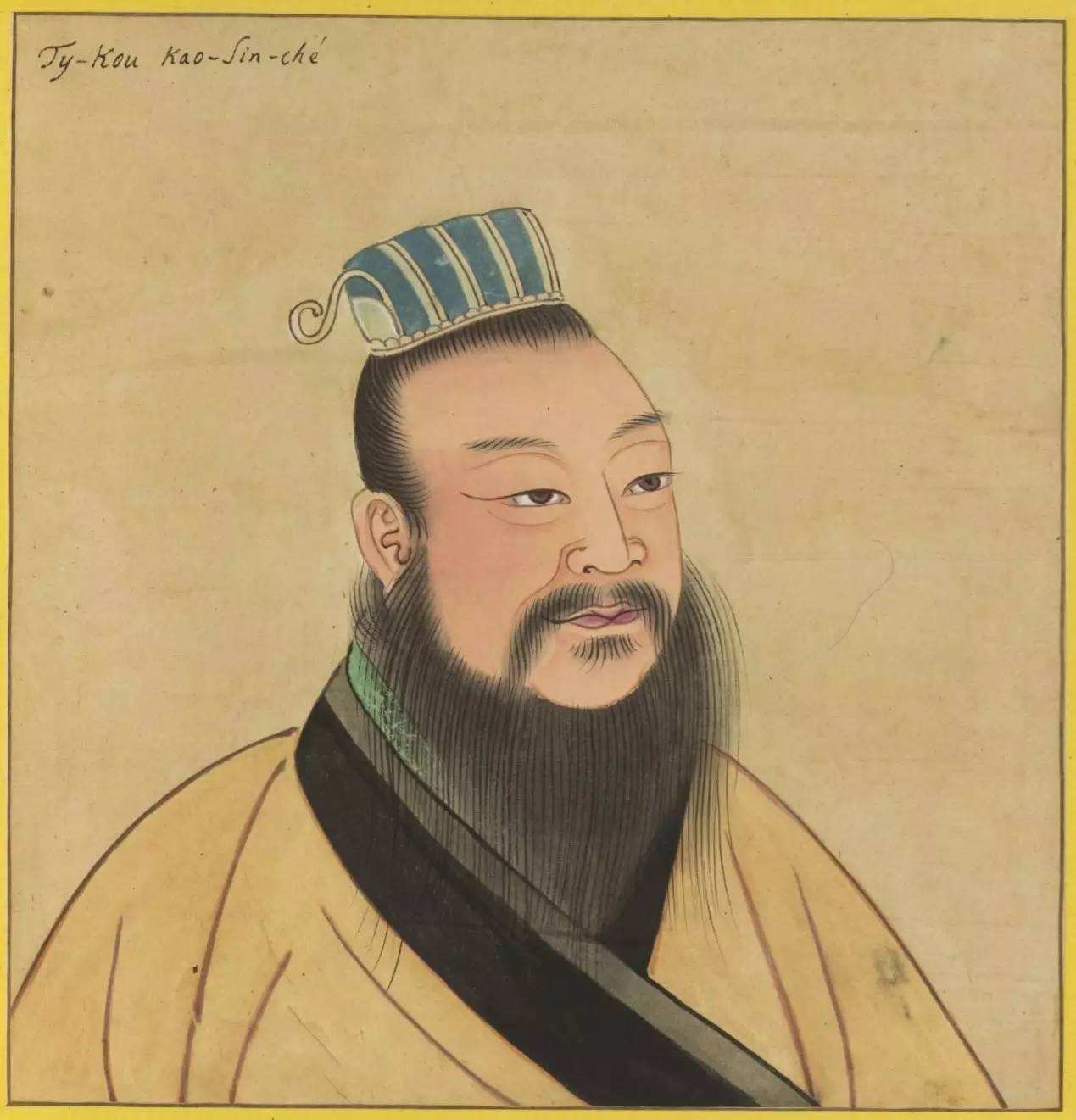
Emperor Ku Gaoxin was the great-grandson of the Yellow Emperor, Zhuanxu's nephew, his father Jiaoji, and his grandfather Xuanxiao (the elder brother of Zhuanxu's father Changyi). Di Ku was born with a lot of aura, and he could pronounce his own name as soon as he was born . the emperor. Later, a solar term was established to improve the quality of life of the people, and was deeply loved by the people.
Yao
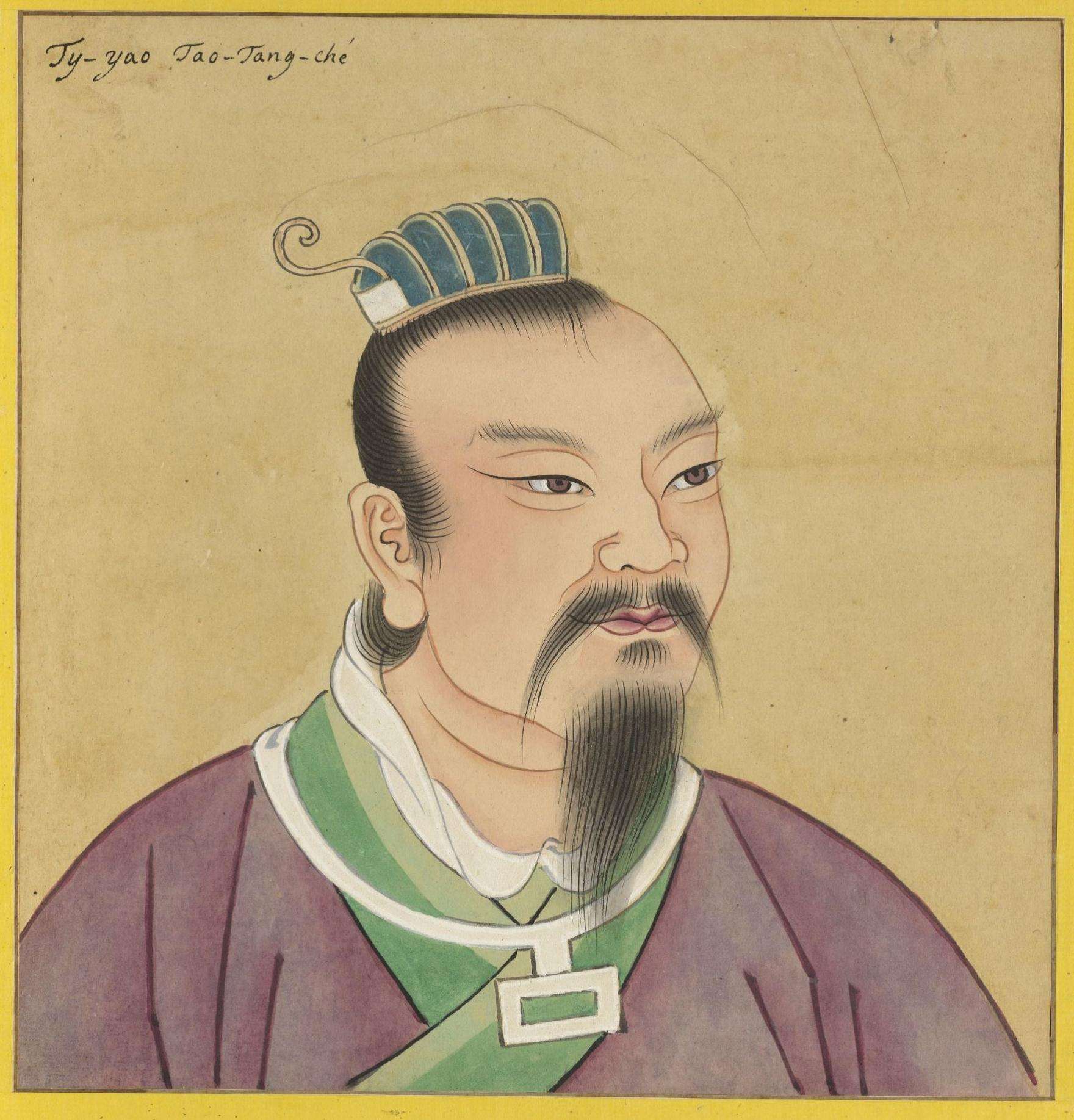
Yao was the son of Emperor Ku, surnamed Qi and given the name Fangxun. After Emperor Ku's death, his son Zhi succeeded him. Due to his lack of splendid political achievements, Emperor Yao later became emperor. In the early days of Yao's administration, there was no basic state system. The state was only a tribal union, which was very loose and was not conducive to the unified management of the state. Therefore, after Yao accumulated a certain amount of governance experience, he began to establish a state political system. One of the most important is Appointing officials according to various government affairs, for the first time in Chinese history, a relatively systematic political system was established, which laid the foundation for the emergence of a slave state .
During the reign of Yao, on the one hand, floods occurred frequently, and floods flowed across the country, flooding the four directions, destroying the mountains, destroying the fields, and the people were miserable. Yao listened to the opinions of the princes from all directions, and sent Gun (Xia Yu's father) to control the water. On the other hand: the astronomical calendar is still very imperfect, and the people often delay the agricultural time because they do not know the changes of the four seasons. He ordered the Xi and He clan to formulate a calendar according to the order of the stars and the appearance of the sun and the moon, with 366 days as the In one year, an intercalary month is set every three years, and the intercalary month is used to adjust the relationship between the calendar and the four seasons, so that the annual agricultural time is correct and there is no error.
Shun
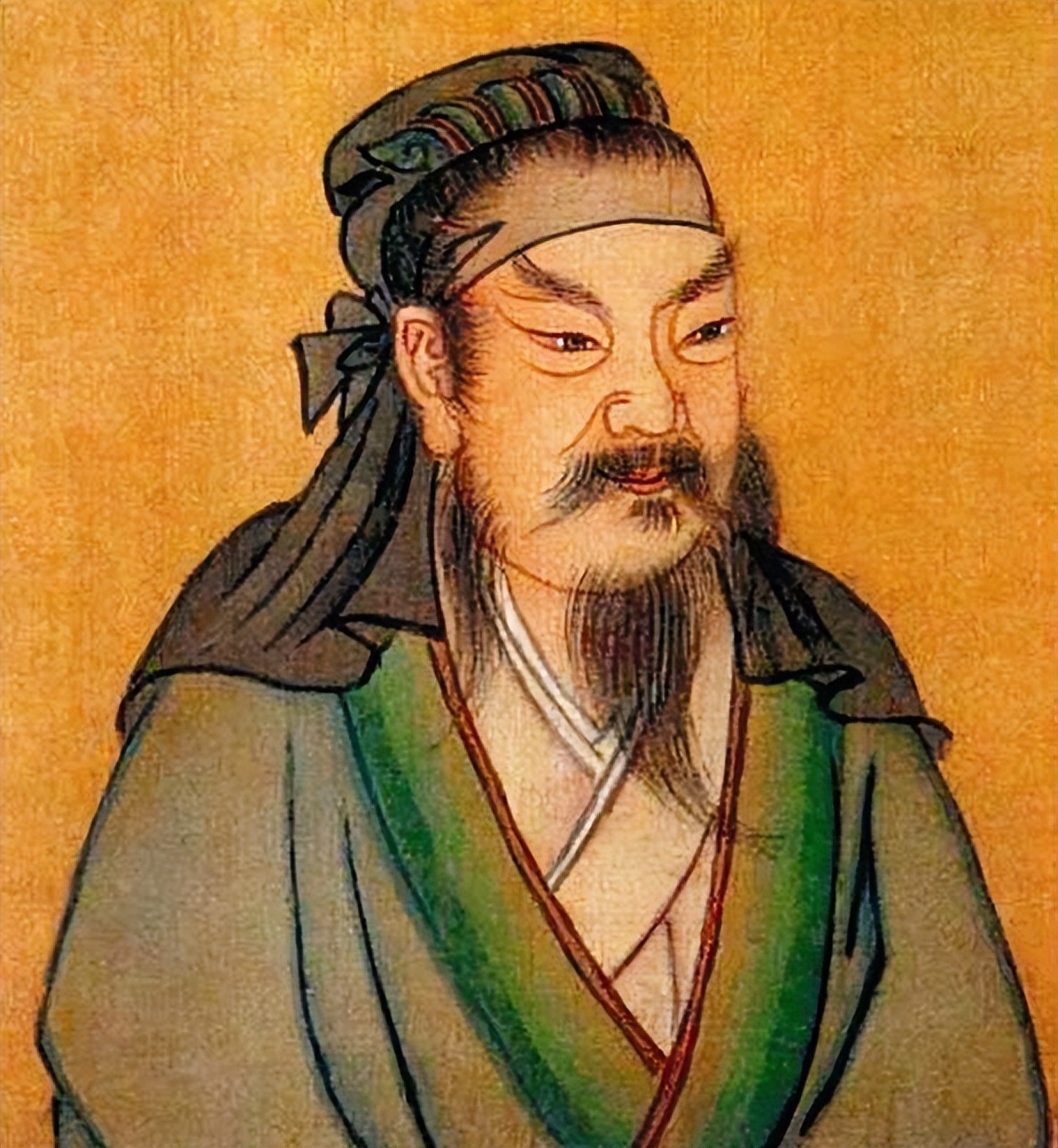
Yu Shun, named Chonghua, was the fifth grandson of Zhuanxu, one of the five emperors. Legend has it that Shun's father, Gusou, was blind. After Shun's mother died, Gusou remarried another wife and gave birth to an elephant. The elephant was rebellious. Gusou liked the son born by his later wife and wanted to kill Shun many times, but Shun avoided them. When Shun was twenty years old, he was famous for his filial piety and was favored by Yao. In order to observe his virtue at home, he married his two daughters to Shun, and let his nine sons live with him to observe his behavior outside.
After years of investigation, Yao later let Shun participate in political affairs, manage hundreds of officials, receive guests, and endure various trials. Shun not only handled political affairs in an orderly manner, but also made improvements in employing people. The " Eight Yuan " and " Bai Kai ", which Yao failed to use , have long been worthy of their names, and they made the "Eight Yuan" discipline and make the "Eight Kai" manage the land ; Hundun Shaohao's untalented son Qiongqi, Zhuanxu's untalented son Tingyu, Jinyun 's untalented son Taotie , although notorious, but Yao failed to deal with them, Shun exiled the “Four Vicious Clan” to remote and barbaric places . The implementation of these measures shows Shun's governance strategy and political ability.
Finally, after Yao's death, he ceded the throne to Shun. During the reign of Shun, he humbly accepted remonstrance and punished traitors; he was empowered by Xian, and all industries prospered ( Gao Tao managed the five punishments, Dayu managed water conservancy, Houji was in charge of agriculture, and Qi was in charge of the five religions), creating a situation of political harmony and harmony, becoming the Central Plains. The most powerful tribal alliance leader in the region. In his later years, following the arrangements and suggestions of the Four Great Mountains, Zen was located in Dayu and traveled the world by car. He died in Cangwu County and was buried in Jiuyi Mountain . His posthumous title was Shun, also known as Emperor Shun, Yu Shun, and Emperor Shun.



Leave a Comment